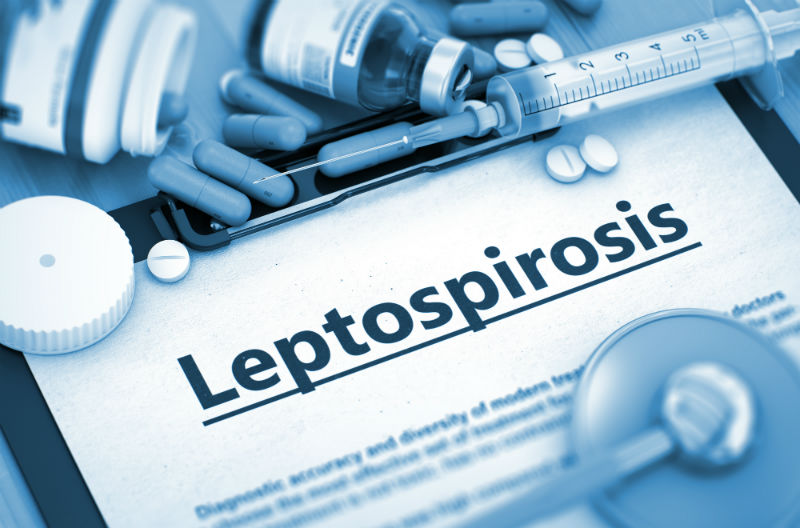Leptospirosis is a bacterial infection. Leptospirosis will spread throughout the entire body, reproducing in the liver, kidneys, central nervous system, eyes, and reproductive system. The extent to which this bacteria affects the organs will depend on your dog’s immune system and its ability to fight off the infection entirely. Younger animals with less developed immune systems are at the highest risk for severe complications. Even then Leptospirosis can remain in the kidneys, reproducing there and infecting the urine. Infection of the liver or kidneys can be fatal.
Transmission
The Leptospirosis bacteria are zoonotic, meaning that it can be transmitted to humans and other animals. Children are most at risk of acquiring the bacteria from an infected pet.
Symptoms
- Fever
- Sore muscles
- Shivering
- Weakness & Depression
- Lack of appetite
- Not drinking
- Vomiting
- Diarrhea
- Change in gum appearance
- Change in skin or eye
- Coughing
- Change in breathing pattern
Causes
Dogs will typically come into contact with the leptospirosis in infected water or soil. This can happen when your pet is swimming or drinking contaminated water, or from coming into contact with urine from an infected animal. The risks of your pet coming into contact with this disease increase as your dog comes in contact with other dogs.
Diagnosis
Because leptospirosis is a zoonotic disease, your veterinarian will be especially cautious when handling your pet, and will strongly advise you to do the same. Your veterinarian will run bloodwork and urine tests to determine if your dog has leptospirosis.
Treatment
Treatment for this infection can vary depending on the condition of your dog but usually includes long-term treatment with antibiotics as well as in-hospital veterinary care.
Written by VetCare Pet Hospital




